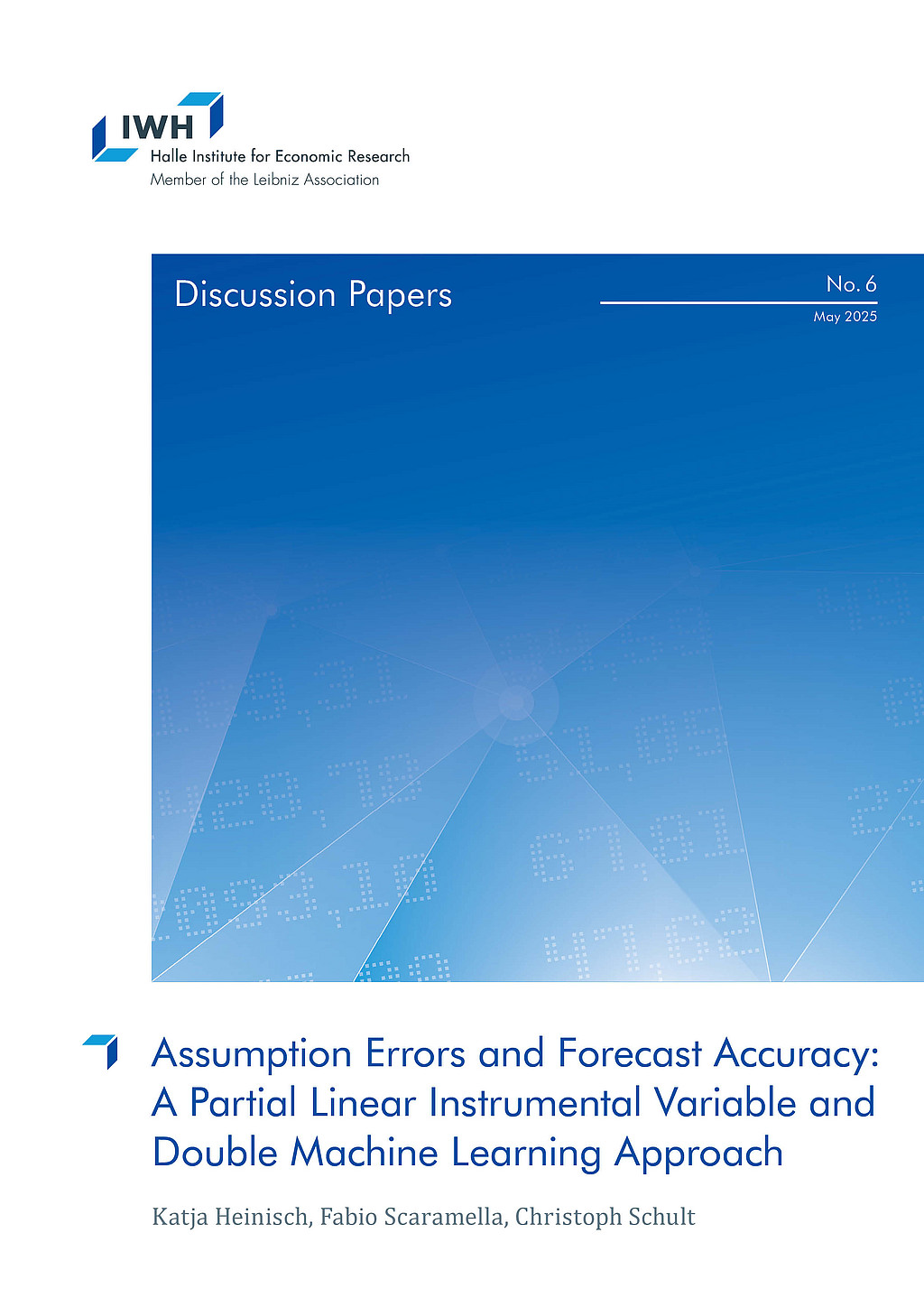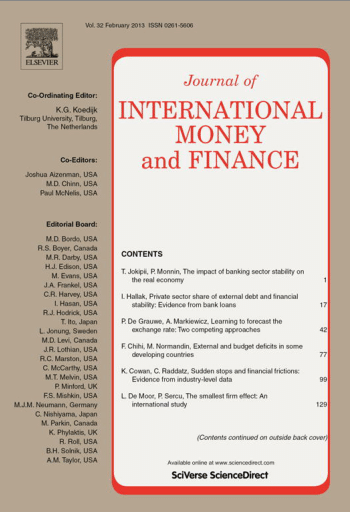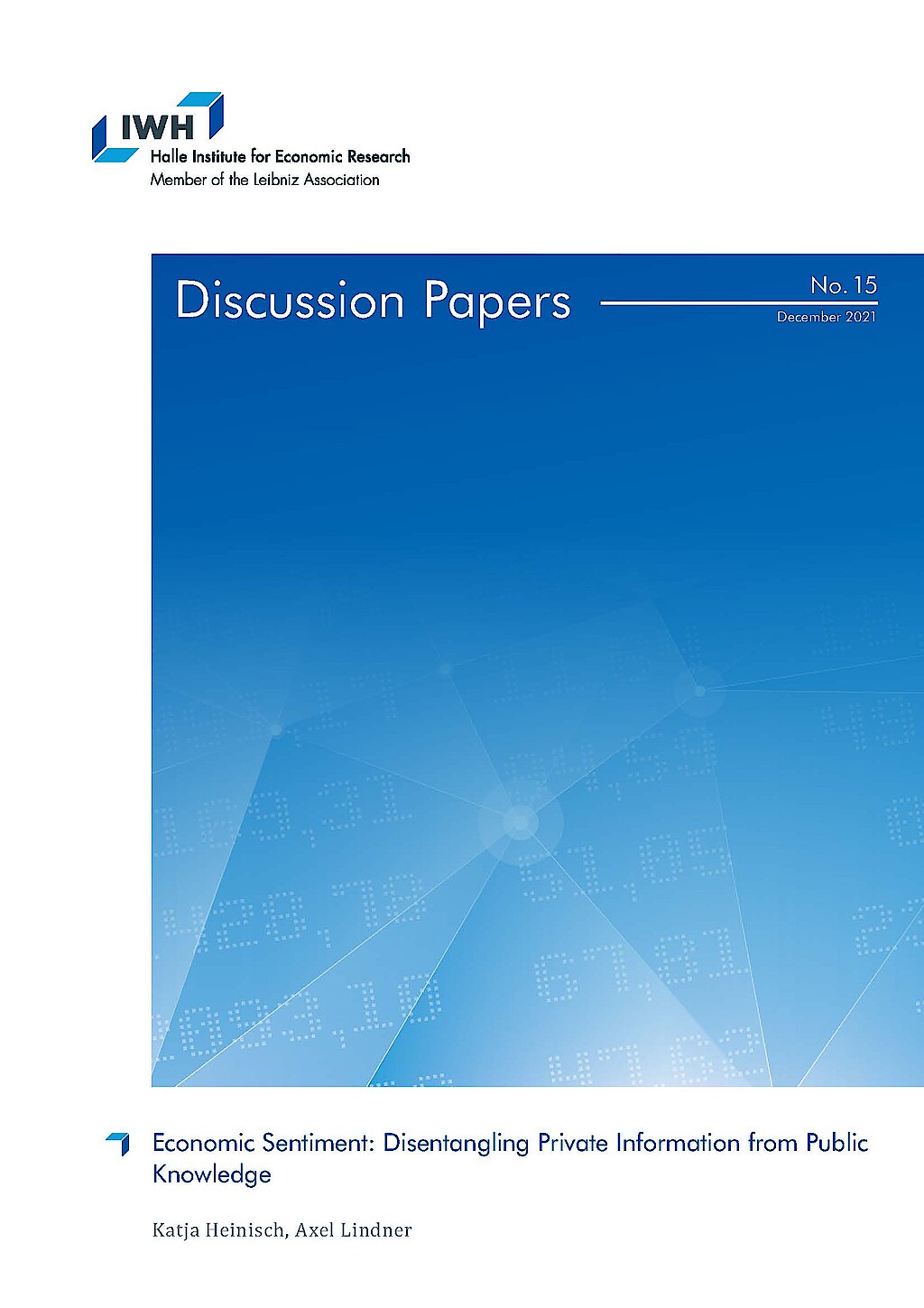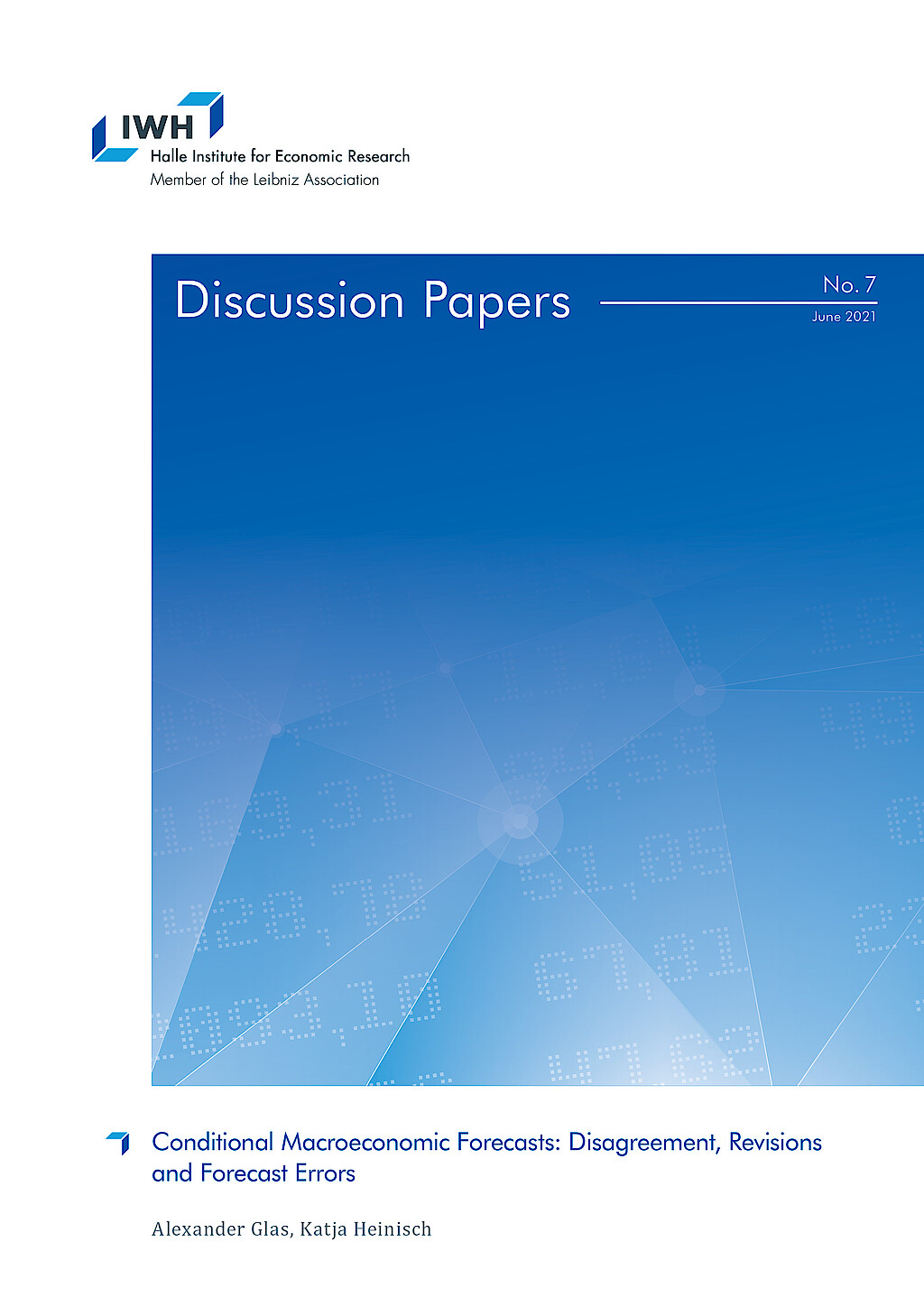Dr Katja Heinisch

Current Position
since 1/13
Head of the Research Group Econometric Tools for Macroeconomic Forecasting and Simulation
Halle Institute for Economic Research (IWH) – Member of the Leibniz Association
since 9/09
Member of the Department Macroeconomics
Halle Institute for Economic Research (IWH) – Member of the Leibniz Association
Research Interests
- international macroeconomics
- applied time series econometrics and short-term forecasting
- macroeconometric modeling
Katja Heinisch joined the Department of Macroeconomics in September 2009. Her research focuses on short-term forecasting and macroeconometric modelling.
Katja Heinisch earned a diploma from Chemnitz University of Technology and University of Strasbourg. She received her PhD from Osnabrück University. Katja Heinisch gained international research experience while working at the European Central Bank (ECB) and the International Monetary Fund (IMF).











